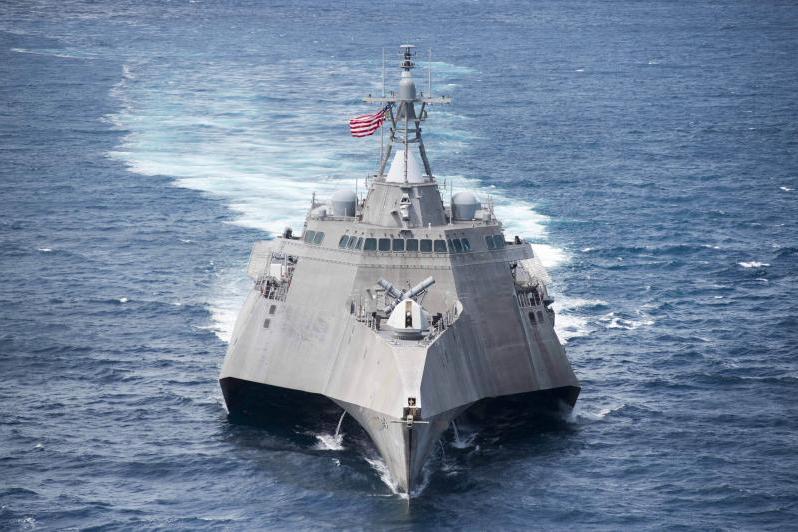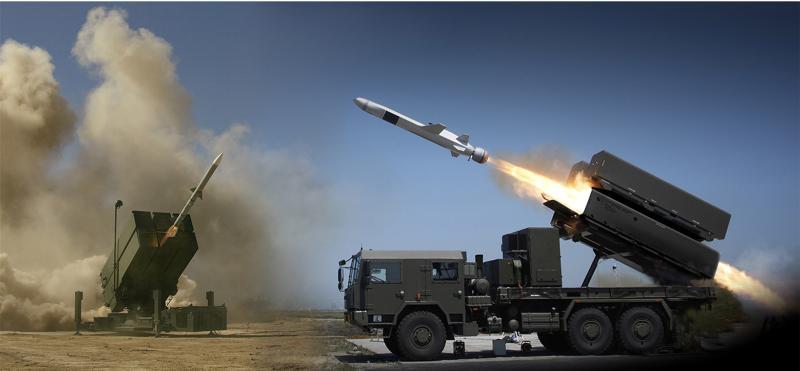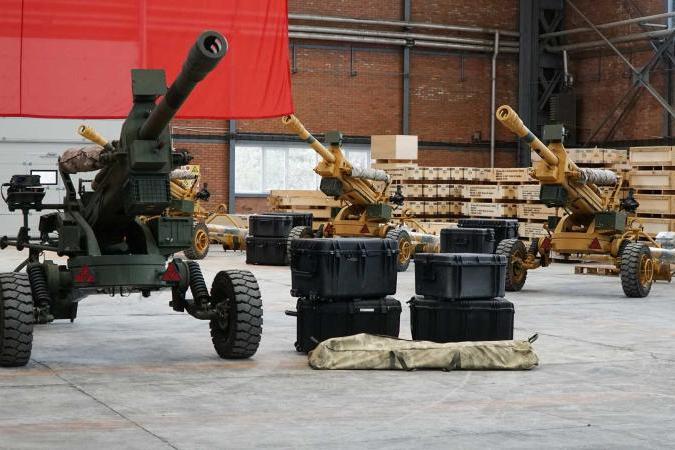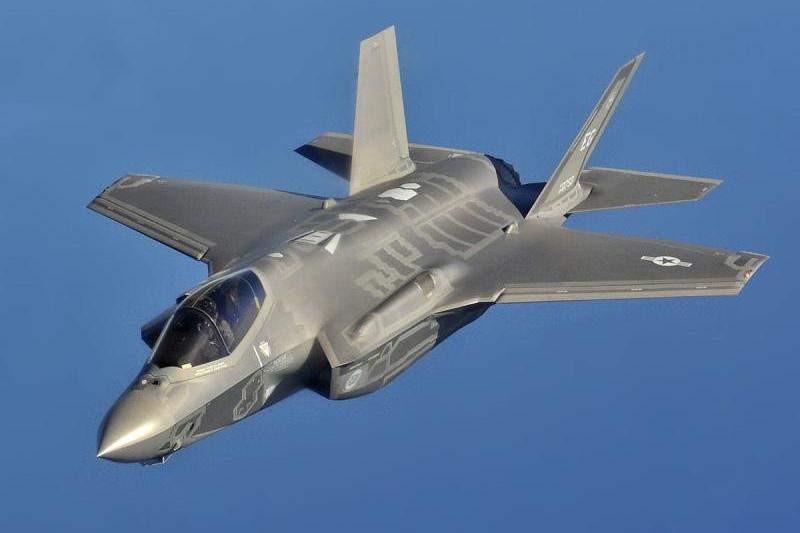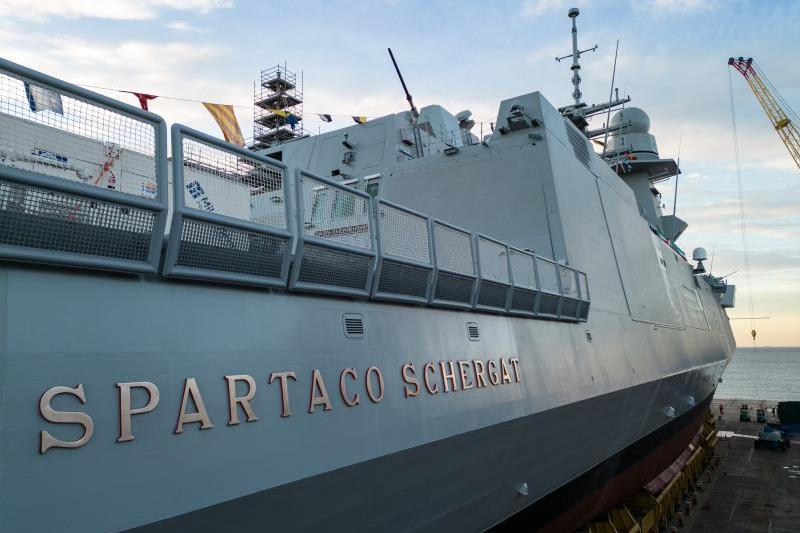Curtiss-Wright and Concurrent Real-Time Team to Bring RedHawk™ Linux® to the Ultra-Small Parvus® DuraCOR® 312 Mission Computer
Curtiss-Wright’s Defense Solutions division, a proven leading supplier of ultra-small form factor (USFF) mission computing and networking solutions, today announced the validation of Concurrent Real-Time’s RedHawk Linux real-time operating system (RTOS) for use on the Parvus DuraCOR 312, a powerful and highly modular USFF mission computer. The DuraCOR 312 is based on the breakthrough NVIDIA Jetson TX2i “supercomputer-on-a module” and uniquely combines its quad-core Arm8 CPU and 256 CUDA-core Pascal GPU with unparalleled modularity for add-on I/O cards and data storage. The validation of RedHawk Linux, with its unrivaled combination of ultra-low latency, high determinism and advanced debugging tools, provides system integrators requiring a RTOS with an alternative to NVIDIA Linux® for Tegra (L4T) based on Ubuntu.
“We are very pleased to team with Concurrent Real-Time to test and validate their RedHawk Linux RTOS for use with the Parvus DuraCOR 312 mission computer,” said Lynn Bamford, President, Defense and Power. “RedHawk Linux provides our customers with expanded operating environments when their application needs a real-time operating system to execute specific tasks reliably, consistently and predictably.”
“Our RedHawk Linux real-time operating system with the Parvus DuraCOR 312 mission computer provides a best-in-class technology platform to help get mission-critical applications to market and satisfy customer demand,” said Ken Jackson, President and CEO, Concurrent Real-Time.
The commercial-off-the-shelf (COTS) DuraCOR 312 is ideal for use on SWaP-sensitive deployed platforms such as civil and military ground vehicles, fixed and rotary-wing aircraft, and maritime vessels (both autonomous and manned), that require in-vehicle tactical mission processing (server/computer) or C4ISR technology. It delivers high-performance embedded computing (HPEC) and general-purpose graphics processing for compute-intensive embedded applications such as ISR/EW/targeting systems and deep learning on-board autonomous vehicles.
The DuraCOR 312 eliminates design risk with extensive environmental, power, and EMI compliance testing. It is the industry’s only NVIDIA TX2i-based COTS mission computer pre-qualified for both MIL-STD and DO-160 harsh environments. The miniature rugged chassis, which features MIL-grade connectors, is designed to meet extremely demanding MIL-STD-810G, MIL-STD-461F, MIL-STD-1275D, MIL-STD-704F and RTCA/DO-160G environmental, power, and EMI conditions, including high altitude, wide temperature, humidity, extreme shock and vibration and noisy electrical environments. The unit also provides an aerospace-grade power supply in a fanless IP67-rated mechanical package that operates over extended temperatures and handles harsh shock and vibration.

The DuraCOR 312’s combination of multiple Mini-PCIe I/O card slots, removable Flash storage, and internal M.2 NVMe/SATA storage slots helps to make it the most flexible USFF mission computer available. Standard system I/O interfaces include multiple Gigabit Ethernet, USB 3.0, USB 2.0, HDMI, Audio, GPIO, and serial ports. Like other Parvus DuraCOR models, the DuraCOR 312 supports an ecosystem of rugged COTS Mini-PCIe modules (supporting MIL-STD-1553 and ARINC 429 avionics databus interfaces, as well as numerous others). Optional removable 2.5” SATA SSD storage is available for high capacity storage and information assurance requirements.
Curtiss-Wright’s responsive, cost-competitive application engineering services reduce program risk, cost and schedule impact for Modified COTS (MCOTS) variants of this system.
The DuraCOR 312 complements Curtiss-Wright’s previously announced miniature Intel®-based DuraCOR 311 mission computer and DuraNET 20-11 Gigabit Ethernet switch.

